US airman's shocking death means more around the world than in Washington: American writer
American writer and political commentator Daniel Patrick Welch says the self-immolation of US Airman Aaron Bushnell shows the desperation of a people completely ignored by their own government.
He added that the isolation of the United States and Israel is a life-changing, time-changing thing.
Welch made the remarks in an exclusive interview with the Press TV website on Tuesday, after initially balking at the topic of the soldier’s death.
Welch said that the US media is not telling the truth about the death of the 25-year-old airman who set himself on fire outside the embassy of the Israeli regime in protest at Tel Aviv's genocidal war against Palestinians in Gaza.
In a video, which was live-streamed on the social media platform Twitch on Sunday but was later removed, Bushnell, an active-duty member of the US Air Force, said “I will no longer be complicit in genocide.”
He was yelling “Free Palestine!” repeatedly, as he was going up in flames after setting himself on fire.
Following the incident, mainstream US media outlets came under scrutiny for their choice of headlines. The New York Times headline said, “Man Dies After Setting Himself on Fire Outside Israeli Embassy in Washington, Police Say.”
CNN: US airman dies after setting himself on fire outside Israeli Embassy in Washington
BBC: Aaron Bushnell: US airman dies after setting himself on fire outside Israeli embassy in Washington
The Washington Post: Airman dies after setting himself on fire outside Israeli Embassy in DC.
“When I was asked to be interviewed on the death of Aaron Bushnell, I was a bit reticent. I have been reticent to do interviews for a few months, because here in the Belly of the Beast it’s quite depressing, and feels almost hopeless,” Welch says.
This feeling didn’t last long, Welch says. “But enough of that. I’m an American writer, and he was an American boy—soldier—and his death is a result of actions of the American ruling class, as well as the conflagration to which he responded.”
It made sense that this point of view should be heard, especially given how tightly US media is controlled. “I’ll give an American perspective that is, I think, unique, in the sense that there are no more truthtellers among reporters and journalists,” he says.
“It is insane to be living in this environment and speak out in this vacuum.” Why does he call it a vacuum? “ I mean, the entire world knows what’s going on and is beginning to wake up in ways that they haven’t yet. And over here, it never reaches above a whisper. It is shocking.”
What is unique or specific about this death? Welch points out “It is also important to say that he was an American soldier. There is a way in which some people might be shocked, or think it is a little self-involved for Americans to mourn their own kids more than the tens of thousands that have been killed in Gaza in the past few months.”
But he is quick to correct that impression, adding “That is obviously not my point. What I mean is that it hits home in a slightly different way. He’s not my child. But he is a child.”
Aside from his political commentary, Welch has spent his career teaching and mentoring students who are faced with the choice of joining the US military, which is not a requirement unlike in most other countries. “I have not only encountered kids like this; I’ve raised kids like this. I’ve encouraged kids to explore their options, he says.
However, he has usually steered students away from this choice. “I’ve always been reticent to tell them to go to the military instead of going directly to college. I’ve always avoided advising kids to go on to a military career. But times change, and we live in a society that doesn’t pay for anything except through military service.”
Of course, Welch is talking broadly about his own history with students. “I don’t know his background, so I’m not talking specifically about this young man. But some of the kids that I have advised and a lot of the kids from poor and working-class families have no choices.”
They often choose enlistment, Welch points out because it is a sort of backdoor way to get government funding for pursuing their career aims. “There are few programs, there is no free education, there is no anything. There is no free anything like there is in every other industrial economy in the world. And so to have the opportunity to have a career via this option is a kind of blackmail by the ruling class. It’s a kind of way to get cannon fodder.”
Additionally, according to Welch, youth of this age are naturally questioning—and vulnerable. “I think the feeling of that age, that youth, that exposure—is mind-numbing. And mind-changing.
However, he says, he felt almost chagrined to hear Bushnell admit to being complicit in genocide. “I do think it is important to say that this kid isn’t any more culpable than you, or me, or anyone else who is paying taxes to this regime. Who is not occupying the halls of government? Who keeps voting? Voting?? For what?”
Welch scoffs at the notion that activism should be directed to the voting duopoly that seems designed to keep things exactly as they are. “To think that there is any political party that is any different than another party in order to put a stop to this wanton violence is…”naïve” is a lousy word to use. Because it’s deliberate. It’s cynical.”
Welch also cautions against what he calls the “nightmare” of putting words in the young man’s mouth, or authorities in questioning his mental health, and so on. “I also don’t want to speak for him. I don’t think that is appropriate either.
Bushnell said it himself. He said: “‘My name is Aaron Bushnell. I am an active duty member of the US Air Force, and I will no longer be complicit in genocide. I am about to engage in an extreme act of protest, but compared to what the people in Palestine have been experiencing at the hands of the colonizers, it’s not extreme at all. This is what our ruling class has decided will be normal. Free Palestine.’”
This statement alone is a sort of clarion call that should speak for itself. “That also should set the record straight that this kid knew what he was doing. Obviously, the notion of taking one’s life is very extreme and very disturbed.”
Here again, though, Welch has to reflect on the depth of passion and hopelessness he felt in his activist youth. “But I also have to put that through my own sieve. When I came back, around his age, I think, from my stint in Nicaragua. I felt hopeless, I felt depressed, and when I heard the idiocy of people speaking, the complete lack of compassion, lack of understanding. And I was thinking of the babies, the hungry babies—the boys who had had their limbs blown off by CIA bombs. Talking to them in person the night before the vote. I got so angry and hopeless that I kind of withdrew.”
This is a lens we have to look through, he asserts. “I can sense this. I know. Obviously, we went through a whole generation of Vietnam, young men and women who had to go through that. It ruins lives on this end, as well as on the receiving end of all the bombs.”
But the chilling reality is that Americans are incredibly adept—shockingly so—at avoiding any discussion. “Now the problem is that no one talks about it. There is nothing in the morning news, in the local TV news—nothing at all. Really, since October 7, there is nothing that tells the truth. Even beyond the idea that saying 70 thousand wounded 30 thousand were killed in Gaza by the Occupation Forces of Israel—that is since October 7. Why? Why is this a magic date? It’s kind of like taking the baton from the runner on the Propaganda Team and carrying it through the rest of the race.”
“There is no magic,” Welch continues, “despite what the propaganda machine says. October 7? What about 1948? What about decades of occupation, colonization. And even now, the narrative of October 7 completely dismisses the lies that were told in the aftermath. The existence of the Hannibal Doctrine in the Israeli military is ruthless. Civilians don’t matter. Pro or con doesn’t matter. You just blow the crap out of everything. So that, of the initial killed, most were killed by Israeli fire. You can still blame an attacker. But again, you have to zoom out.”
World is rejecting US’ hegemony: Welch
The Arab League said on Monday that the failure to end Israel’s occupation of the Palestinian territories has led to the current trend of savagery followed by Israel against the Palestinian people.
“This prolonged occupation is an affront to international justice,” Abdel Hakim El-Rifai, the 22 Arab-country bloc’s representative, told judges at the International Court of Justice (ICJ) in The Hague.
“The failure to bring it to an end has led to the current horrors perpetrated against the Palestinian people, amounting to genocide.”
The ICJ entered its last day of week-long hearings upon a request from the United Nations.
Welch points to the larger picture of how the world is rejecting US hegemony. “What we get when we zoom out is that there is a world on fire. A world who sees what we are doing. South Africa took it to the ICJ. Nicaragua, Venezuela, and Brazil joined them. Even Japan and Spain have ceased sending arms.” But it’s not a done deal, he cautions.
“Still the US controls large swathes of governments. Governments, not people. I guess India has been sending drones that help kill people in Gaza—that is shocking and repulsive. But this is a life-changing, time-changing thing. It hurts that a young man thought that he could make people talk about it by giving up his life.”
Mainstream Western media and its controllers in government will try to shape the narrative, he asserts. “They are going die on the hill of not letting his name and voice speak. And that is shameful. But it is no more shameful than The Game—what is going on with this country? This ruling class.”
He sees no political solution existing in the current environment. “There is no difference in the parties. There is no one on either “side of the aisle” (because we seem to love British references so much). There is no one who tells the truth. And no one within the halls of power who is wedded to anything but the continuation of their own power.”
“Carter was right,” he says. Former president Jimmy Carter made it clear in his retirement that he though the US was no longer a democracy, but an oligarchy. “Carlin was right,” Welch adds, referring to American comedian George Carlin who often pilloried the US elites and the institutions and culture that produced them. “The Oligarchy is what it is.”
In the debate over whose voice matters, Welch cautions that the present is not always the last word, citing Irish rebel Robert Emmet, whose famous Speech From the Dock before his execution is still quoted two centuries later. “Robert Emmet spoke the truth from the dock, and his voice still echoes. We have to keep our heads down and keep speaking out. Keep speaking out. Forever.”
$50m sportwashing: After turning blind eye to genocide for two years, FIFA funds Gaza stadiums
VIDEO | Trump’s foreign, domestic policies dealt blow after Supreme Court struck down global tariffs
Pakistan launches deadly strikes across border with Afghanistan after attacks
VIDEO | Dublin rally condemns Western-backed genocide in Gaza
Zelensky acting ‘maliciously’ by cutting oil supply: Slovakia’s PM
Iran, other Muslim states slam US envoy’s endorsement of ‘Greater Israel’ plot
Hezbollah says has ‘no choice’ but to defend itself after deadly Israeli strikes
Israeli army defends soldier’s viral ‘rape’ remark amid global outrage


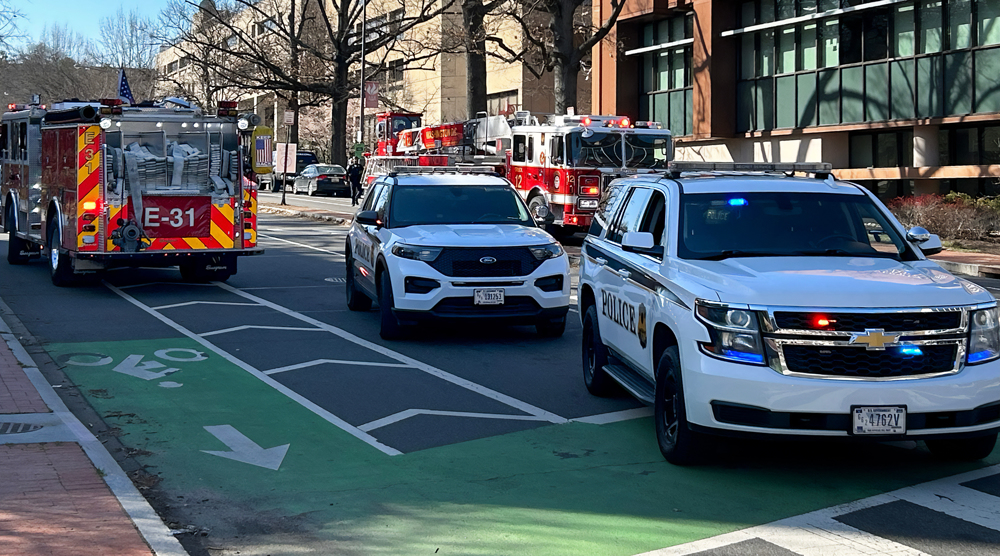
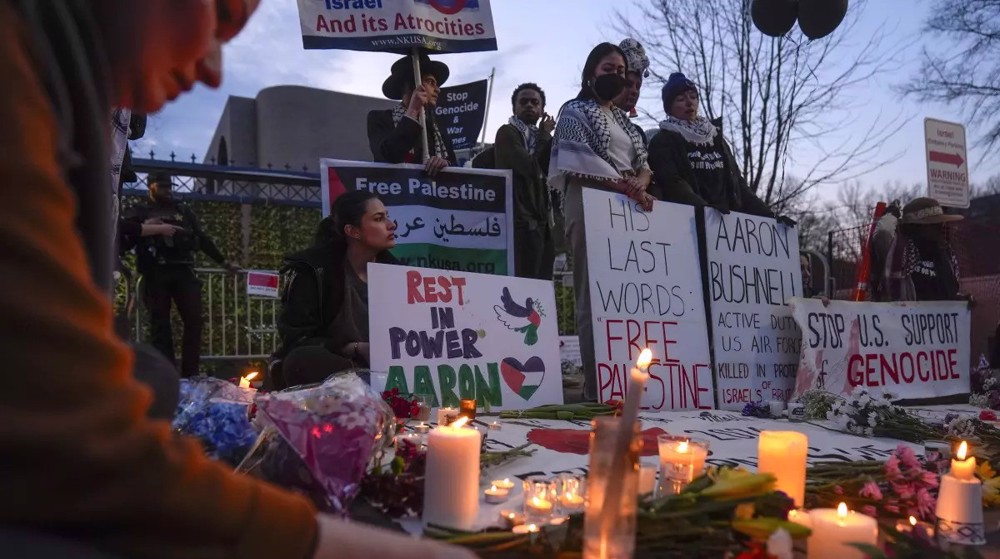
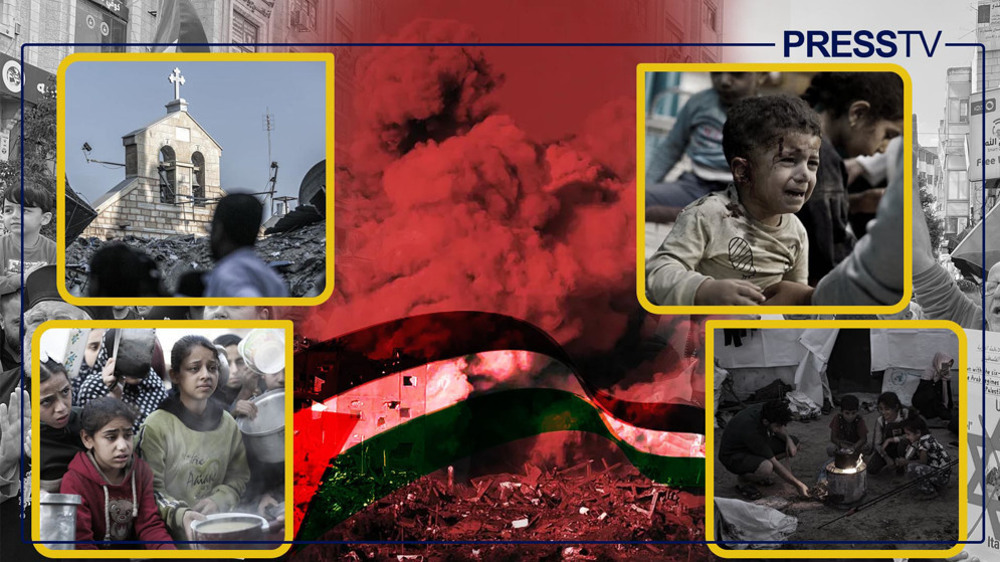

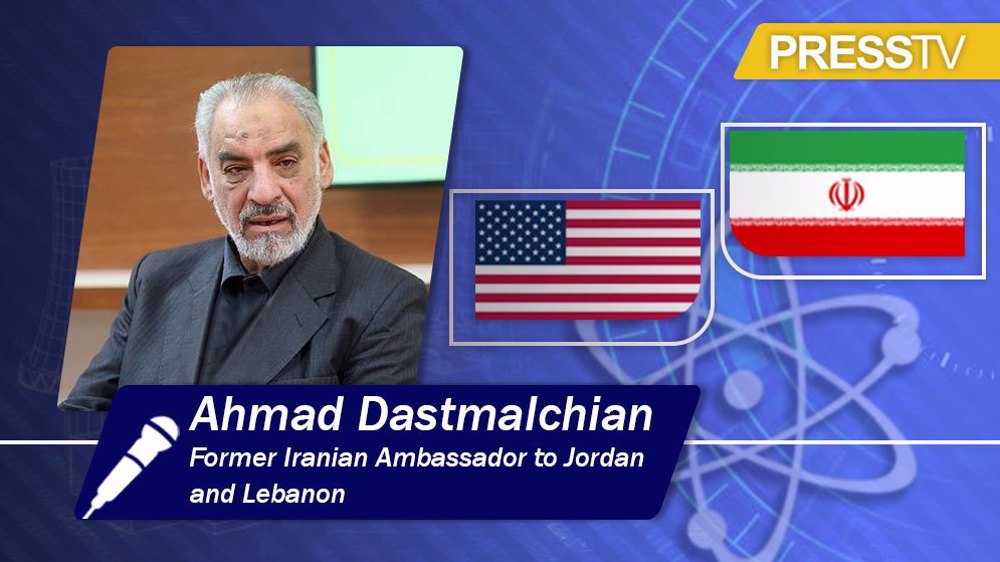
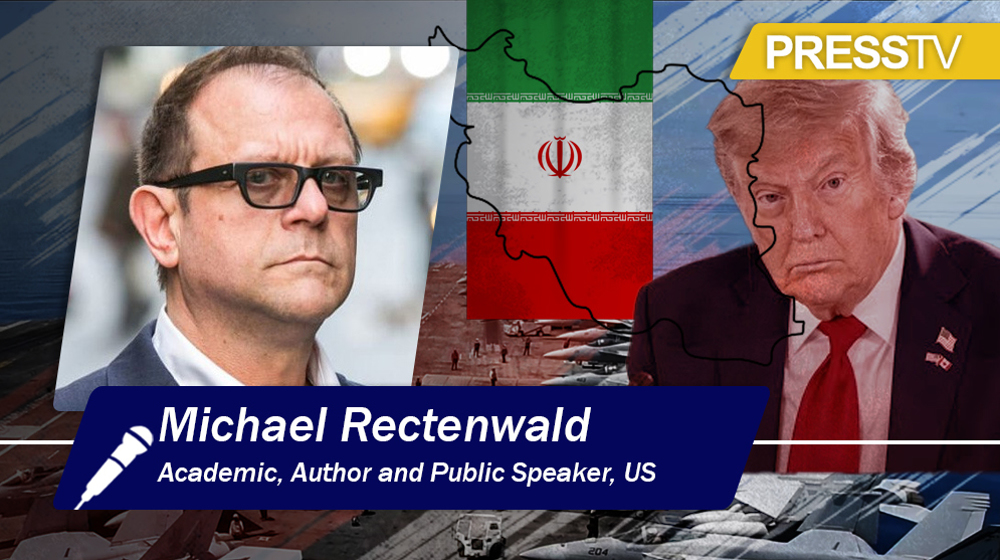




 This makes it easy to access the Press TV website
This makes it easy to access the Press TV website